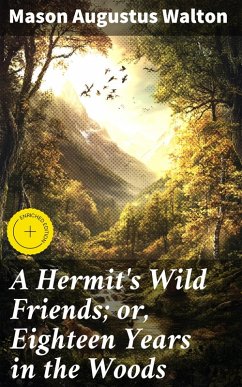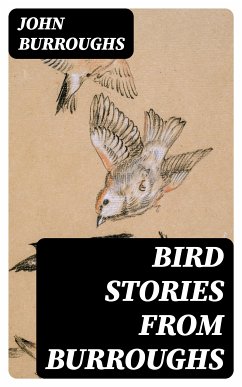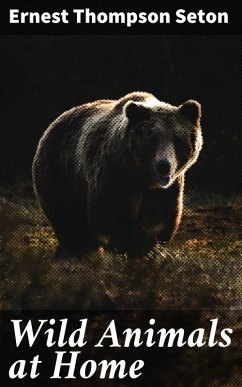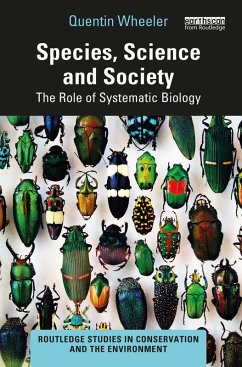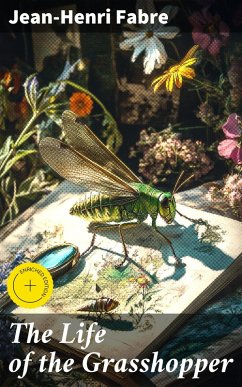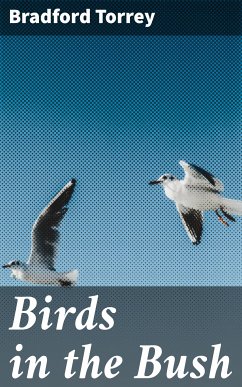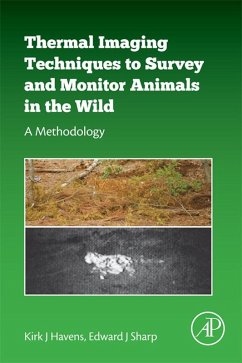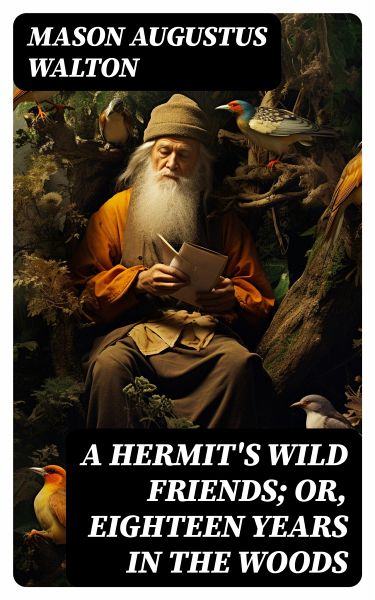
A Hermit's Wild Friends; or, Eighteen Years in the Woods (eBook, ePUB)
Versandkostenfrei!
Sofort per Download lieferbar
0,49 €
inkl. MwSt.
Weitere Ausgaben:

PAYBACK Punkte
0 °P sammeln!
In "A Hermit's Wild Friends; or, Eighteen Years in the Woods," Mason Augustus Walton presents a profound exploration of solitude and nature through his firsthand experiences living in the wilderness. This autobiographical narrative blends vivid descriptive imagery with an intimate portrayal of the flora and fauna that surrounded him, demonstrating a literary style rooted in pastoral realism. Walton's reflections on the interdependence of human existence and nature resonate with the transcendentalist movements of his time, offering readers insight into the serenity and challenges of a life devo...
In "A Hermit's Wild Friends; or, Eighteen Years in the Woods," Mason Augustus Walton presents a profound exploration of solitude and nature through his firsthand experiences living in the wilderness. This autobiographical narrative blends vivid descriptive imagery with an intimate portrayal of the flora and fauna that surrounded him, demonstrating a literary style rooted in pastoral realism. Walton's reflections on the interdependence of human existence and nature resonate with the transcendentalist movements of his time, offering readers insight into the serenity and challenges of a life devoted to the wild. Mason Augustus Walton, a product of the 19th-century American frontier, was deeply influenced by the natural landscapes and the philosophical currents of his era. His experiences as a hermit not only shaped his ecological perspective but also forged a keen understanding of solitude and companionship with wildlife. Walton's earnest narratives echo his desire to bridge the divide between humanity and the natural world, driven by a commitment to environmental stewardship informed by personal experience. This book is essential for readers seeking a deeper connection with nature and insight into the hermitic lifestyle. It invites contemplation of our relationship with the environment while inspiring a sense of wonder about the wilderness that surrounds us. Walton's rich prose and compelling reflections make this a must-read for naturalists, environmentalists, and anyone yearning for an authentic experience of the wild.
Dieser Download kann aus rechtlichen Gründen nur mit Rechnungsadresse in A, B, BG, CY, CZ, D, DK, EW, E, FIN, F, GR, H, IRL, I, LT, L, LR, M, NL, PL, P, R, S, SLO, SK ausgeliefert werden.




